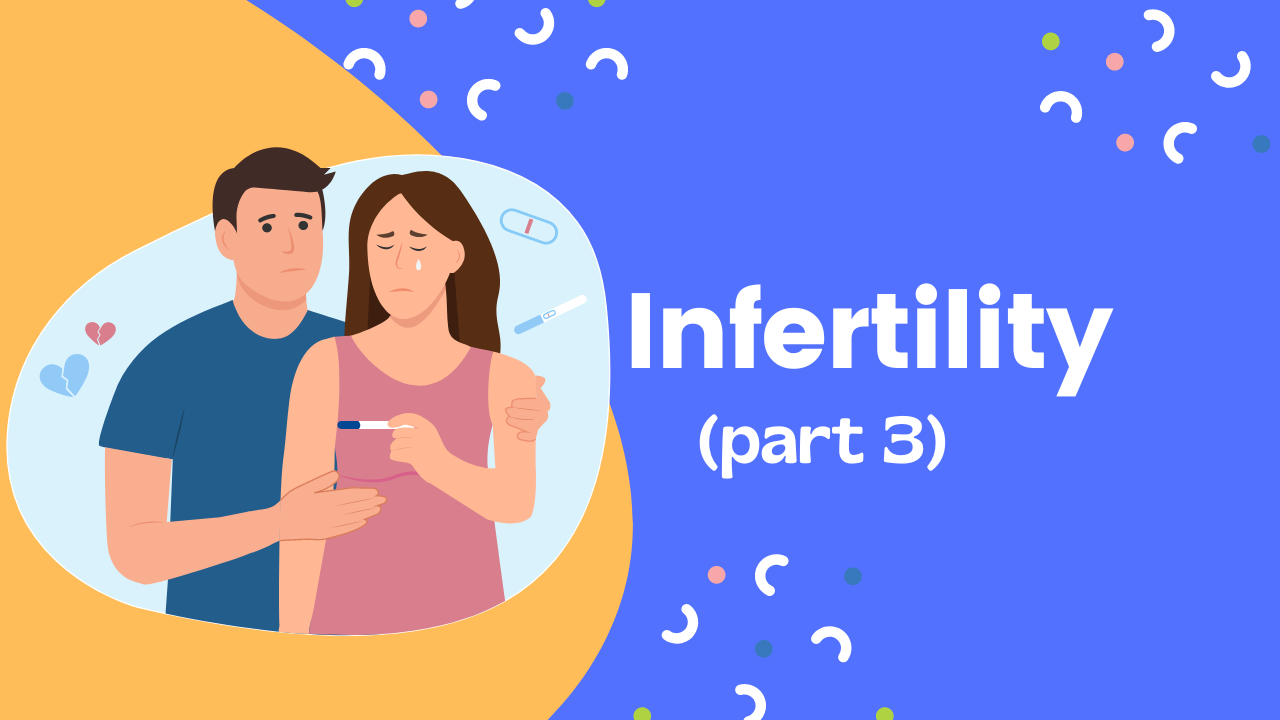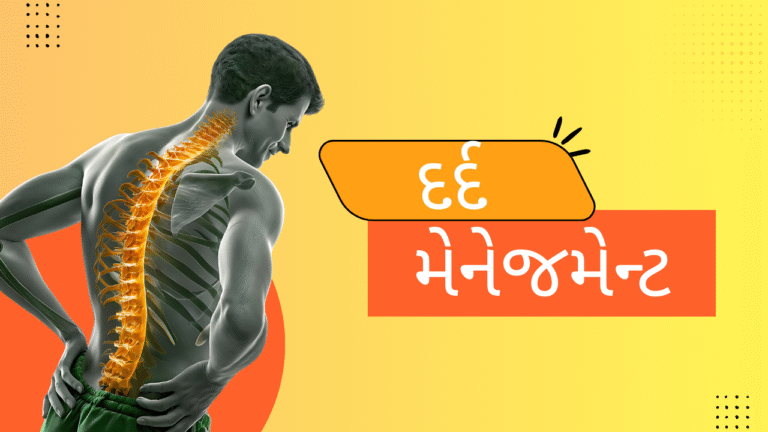Infertility (part 3)
Infertility (part 3)
What is infertility?
Infertility is a male or female reproductive system condition characterized by the inability to achieve pregnancy after 12 months or more of regular unprotected sexual intercourse. There are 2 types of infertility male as well as female infertility.
MALE INFERTILITY:
This would be shocking for most of Indians that males can also be infertile. The typical Indian families would deny that there may be their son or brother are not at fault for not being fertile. But this is the fact that there maybe even problem in males too for fertilization.

So, male infertility is the inability of a guy to produce a pregnancy in a fertile female. “Male factor” infertility is defined as a change in sperm concentration, motility, or morphology in at least one of two sperm analyses collected one and four weeks apart. It accounts for 40–50% of infertility in humans and affects approximately 7% of all men. Male infertility is commonly due to deficiencies in the semen, and semen quality is used as a surrogate measure of male fecundity. The low semen count as well as the quality and quantity of sperm results in infertility in males. The factors affecting male infertility are as follows:

- Stress
- Anxiety
- Alcohol consumption
- Smoking
- Diet
Only 5% of the infertility is true infertility and the other 95% of the cases are curable which can be reversible as by lifestyle, food management, methods, therapies, etc. to give positive results to the patients. There could be many other factors which would affect them such as internal problems, blood circulatory problems or many such health issues which can be cured through naturopathy if possible.
Infertility in men
FEMALE INFERTILITY:
The females have reproductive organs gifted by God which they have the power, and the capability to create a new human. Well, due to many physical and psychological reasons women lately face infertility.

The Indian families see this as sensitive but most importantly a social problem. If their daughter or daughter-in-law is not conceiving a child it will be a shameful thing for them and the family. They have been given different terms which are odd in Indian society. Infertility in women is defined as the inability to become pregnant after at least one year of trying (or six months if the woman is over the age of 35). Infertility is also referred to as when a lady continues to miscarry. Female infertility can be caused by age, physical issues, hormonal issues, and lifestyle or environmental factors. In females, the uterus is the main carrier of eggs. The main 3 parts which are helpful for the creation of a child or the pregnancy are the uterus, fallopian tube and ovaries. If these 3 parts have imbalance or hormonal issues then it will be difficult for the women to conceive. In India, according to research, it is been detected that 1% of the females don’t have a uterus which is an inborn problem that such females cannot even think of having a blood child.
Infertility in women

Also, in some women, it is found that the uterus size is small which cannot hold the baby after conceiving in later months. Also, it can be seen that the fallopian tube is closed/choked/blocked.
With advanced science and technology, the tube can be opened and the baby can be carried. The ovaries again are the most important part for conceiving the child. It determines the female structure. A hormone called anti-mullerian hormone shows the act of reproduction in women. If any imbalance is caused it may cause difficulties in conceiving. In the age group 16–24, 80% of females face Polycystic Ovary Syndrome (PCOS) and Polycystic Ovarian Disease (PCOD) due to irregular periods, clots, and cramps may be the reasons commonly faced for infertility. Endometriosis is a condition in which tissue comparable to the uterine lining grows outside the uterus. It can cause significant pelvic pain and make pregnancy more difficult. Endometriosis can begin with a woman’s first menstrual period and continue until menopause. This can also lead to abortion in many cases.
Certain tests can be conducted to identify the problem:
IN MALES
- Semen tests
- Semen cultured test
- Along with many blood tests such as sugar, LFT, HIV, cholesterol, etc., it can be easier to detect the problems faced by male infertility.
IN FEMALES
- AMH test is the Anti-mullerian Hormone Test.

- LH Test
- FSH Test
- HSG Test
- Hysterolaparoscopy Test
As a therapist and consultant, you can give these tests as an RX to the patients.









